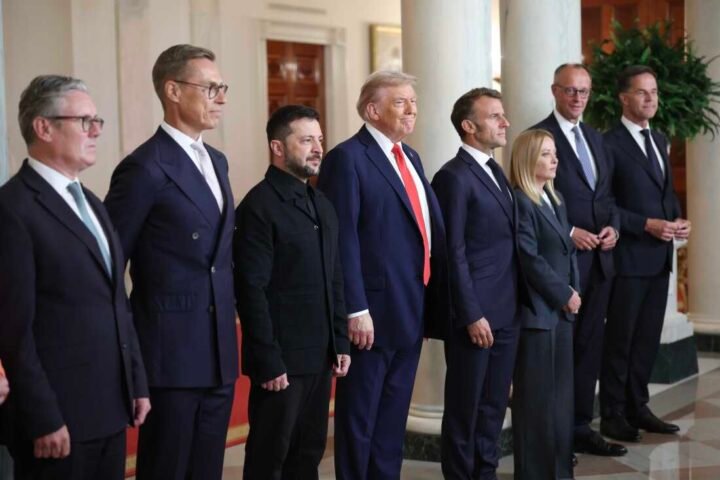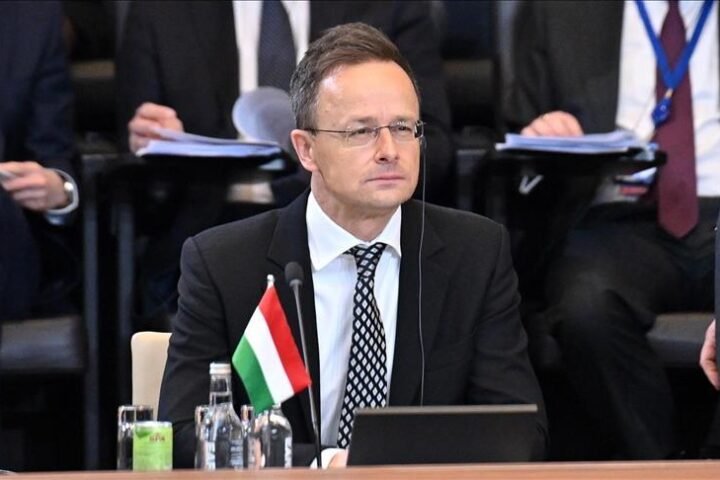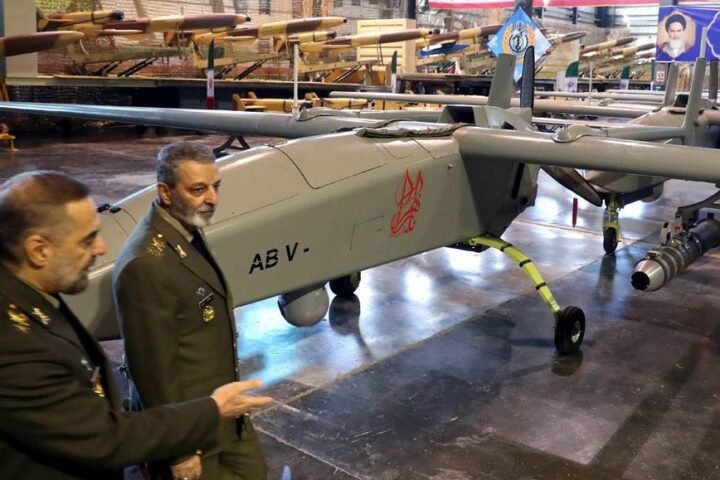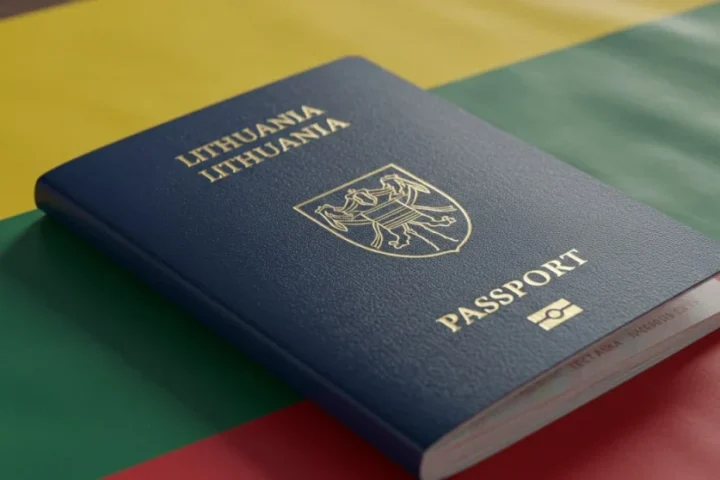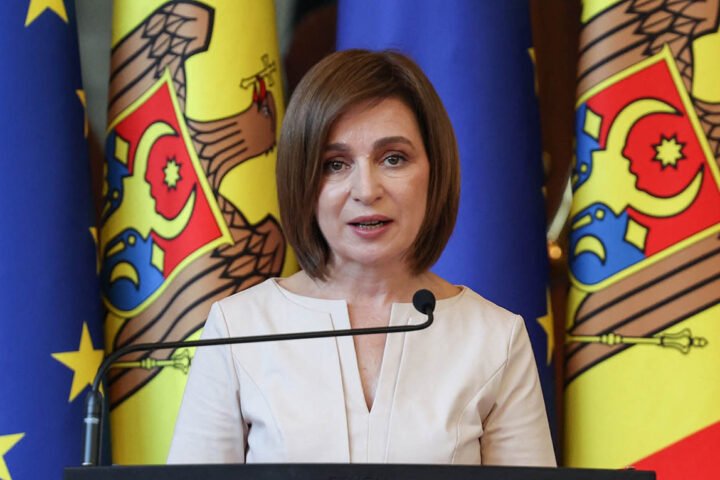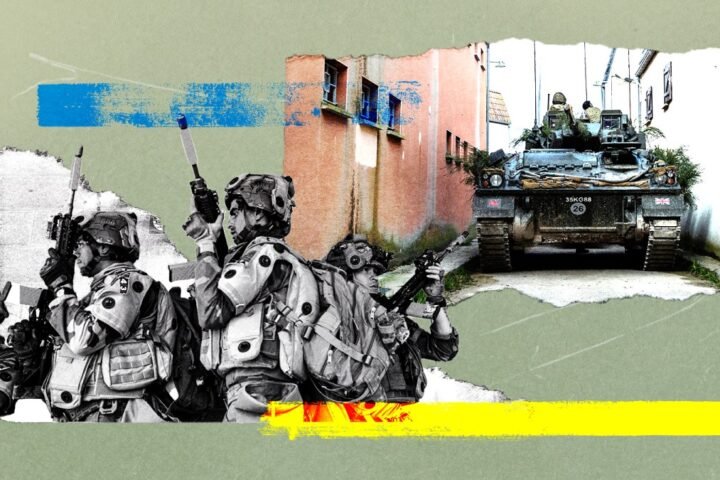Russia is intensifying its covert sabotage operations in Europe as part of a broader strategy to destabilize Western societies, according to the latest annual report released by the Czech Security Information Service (BIS) on July 10. The document reveals that Moscow has made it a strategic objective to sow chaos and erode public trust in European governments’ ability to protect their citizens.
The report outlines how Russian intelligence agencies are actively using Telegram to recruit operatives for acts of sabotage—ranging from filming military infrastructure and arms transit hubs to arson attacks and targeted vandalism. In many instances, the agents are unaware they are working for the Kremlin, having been contracted through encrypted channels or intermediaries such as clergy affiliated with the Russian Orthodox Church. BIS emphasizes that these operations aim not only to gather intelligence or cause direct damage, but also to inflict psychological harm and amplify public fear.
Moscow shifts hybrid warfare focus to EU territory
After launching its hybrid war against Ukraine in 2014, Russia has significantly expanded the scope and sophistication of its asymmetric tactics. Over the past three and a half years, its operations have increasingly targeted European soil. Documented incidents include vehicle and building fires, attacks on shopping centers, warehouses, and critical logistics nodes, as well as defacement of monuments and assaults on public figures.
Czech intelligence warns that this is part of a deliberate campaign to test the resilience of EU and NATO security systems without triggering direct military confrontation. These acts of sabotage are accompanied by information warfare aimed at undermining public confidence, boosting eurosceptic and far-right movements, and deterring continued Western support for Ukraine.
Prague intensifies countermeasures
Czech authorities have taken a proactive stance. Since 2022, Prague has maintained a national sanctions list targeting individuals who support the Putin regime. Among those sanctioned are Patriarch Kirill, oligarch Vladimir Yevtushenkov, arms manufacturer Boris Obnosov, pro-Kremlin Ukrainian politician Viktor Medvedchuk, and GRU operative Andrey Averyanov, who was linked to the 2014 munitions depot explosions in Vrbětice.
In 2024, Czech counterintelligence uncovered and dismantled a Russian spy network operating on its territory. Despite these successes, the BIS report warns that Russia continues to expand its influence through ecclesiastical and diaspora-linked structures, including the Moscow Patriarchate, which is used as a soft-power conduit for Kremlin interests.
NATO urges defensive vigilance amid sabotage threat
The growing risk of Russian covert action has prompted calls for heightened vigilance across the alliance. Western security experts caution that the Kremlin may soon escalate to direct terrorist tactics, including potential strikes on undersea cables, energy grids, and water infrastructure. NATO Secretary General Mark Rutte has urged European governments to “adopt a wartime mindset”, underlining the urgency of reinforcing domestic security frameworks.
As part of preemptive defense, European law enforcement agencies are being advised to implement stricter screening measures among migrant communities, a channel Russian services have exploited for recruitment and infiltration. Analysts stress that a coordinated and forward-looking security posture will be crucial in countering Moscow’s long-term strategy of systemic destabilization.

